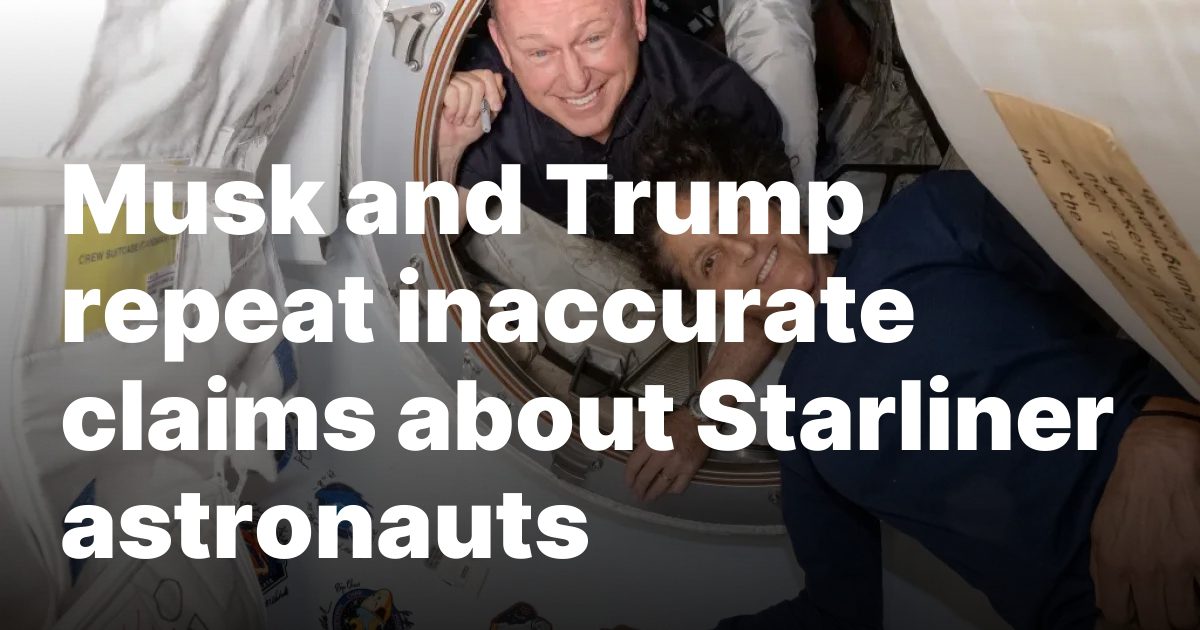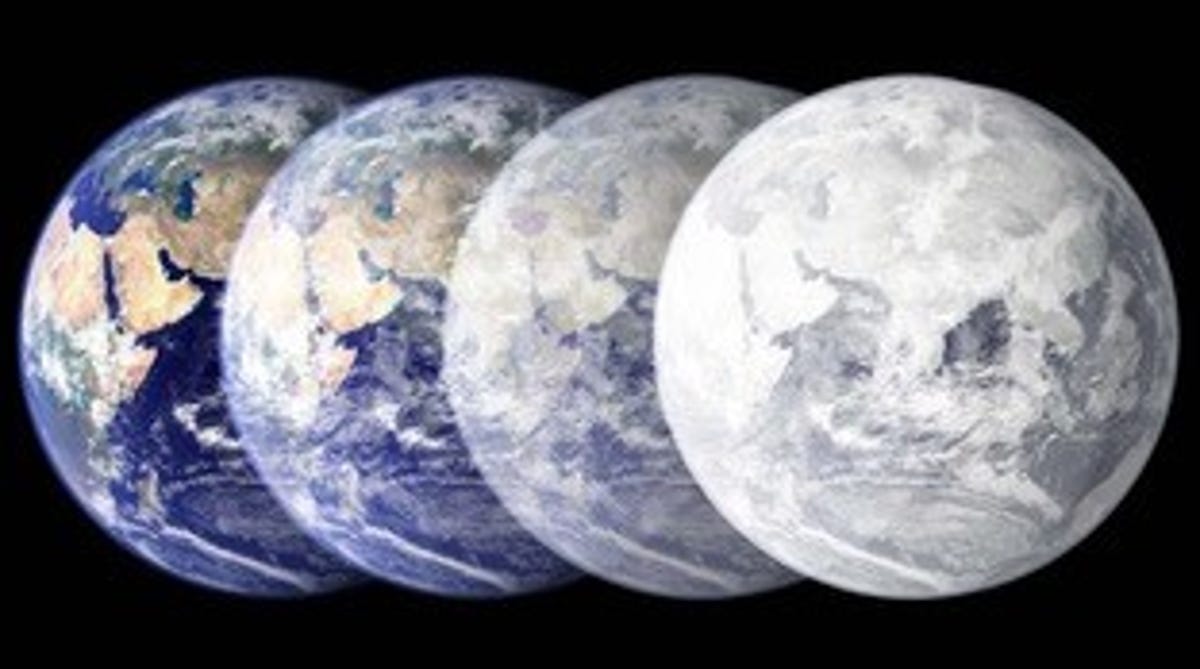
WASHINGTON — In a recent televised interview, President Donald Trump and SpaceX CEO Elon Musk suggested that NASA astronauts had been “abandoned” on the International Space Station (ISS) for political reasons. However, this assertion lacks solid evidence.
During the February 18 interview with Fox News host Sean Hannity, Musk discussed his company’s forthcoming plans to assist in the rescue of two astronauts, Suni Williams and Butch Wilmore, who have been aboard the ISS since June as part of Boeing’s CST-100 Starliner Crew Flight Test, which encountered issues.
On January 28, Musk took to social media to announce that President Trump had requested the swift return of the two astronauts, criticizing the Biden administration for their prolonged stay on the ISS. Trump echoed Musk’s sentiments in his own social media post, emphasizing that the astronauts had been “virtually abandoned” by the administration at the time.
During the joint interview, Musk stated, “At the president’s request, we are expediting the return of the astronauts, which had been unnecessarily delayed.” Musk added, “They were left up there for political reasons, which is unacceptable.”
Trump claimed, “They didn’t receive the go-ahead under Biden. He intended to leave them in space… He didn’t want the publicity.” However, the accounts provided by NASA and an independent safety board differ from the narratives presented by Musk and Trump.
On August 24, NASA announced that it would return the Starliner spacecraft that transported Williams and Wilmore to the ISS without a crew. Officials cited concerns regarding the spacecraft’s thruster performance, which experienced failures during the mission’s approach to the ISS, leaving them unsure about the spacecraft’s ability to safely return to Earth.
The agency planned to fly its next crew rotation mission, Crew-9, in September with only two astronauts instead of the previously planned four. This adjustment would open two seats for Williams and Wilmore to fly back to Earth at the end of Crew-9, anticipated for February.
NASA’s leadership clarified that the decision to extend the astronauts’ stay at the ISS by six months was not influenced by political pressures. “I can state unequivocally that politics played no role in this decision,” affirmed then-NASA Administrator Bill Nelson during the August briefing, with other industry experts corroborating the absence of political influence.
The Aerospace Safety Advisory Board supported NASA’s decision to return the Starliner spacecraft without a crew. In its 2024 annual report released on February 5, it noted that a separate thruster malfunctioned during the spacecraft’s return journey. This incident reinforced NASA’s decision, as having a crew aboard would have significantly increased the risk during reentry.
Moreover, NASA has continuously rejected claims that Williams and Wilmore were “stuck” or “stranded” on the ISS. They emphasized that in emergencies, they could utilize the Crew Dragon spacecraft docked to the station to return safely. The astronauts themselves have stated in various interviews that they do not feel abandoned during their time on the ISS. “We don’t feel abandoned,” Wilmore clarified in a February 13 interview with CNN. “We come prepared and committed.” He advocated for shifting the narrative regarding their stay to reflect their preparedness and commitment.
Musk indicated during the interview that SpaceX is decisively moving forward with the return of Wilmore and Williams. NASA announced on February 11 that it would reschedule the launch of the upcoming Crew Dragon mission, Crew-10, to take place no earlier than March 12, instead of the previously scheduled late March date.
Although Crew-10 was initially set for a February launch, NASA had postponed it to late March due to delays in completing a new Crew Dragon. The agency later plans to employ an existing Crew Dragon for the mission, as concerns arose about the new spacecraft’s readiness for a late March launch.
Conflicts of Interest
During the Fox News discussion, Musk and Trump briefly touched on topics like SpaceX’s Starlink broadband service and its Starship vehicle, with Trump expressing admiration for the Super Heavy booster’s recovery post-launch.
Additionally, their conversation hinted at criticism of NASA’s Space Launch System (SLS). Trump quoted Musk, stating, “You can’t really maintain a rocket program if you’re going to waste a billion dollars every time you launch. You have to save it.” SLS is currently the only launch vehicle with costs nearing a billion dollars per launch, while other options are significantly cheaper.
Musk’s involvement as an adviser to Trump has raised concerns about potential conflicts of interest, especially since the Department of Government Efficiency (DOGE) conducts investigations into federal agency payments, including those with NASA, the Defense Department, and the FAA, all of which have contracts with or regulate SpaceX.
In the interview, Musk remarked, “I’ll recuse myself from any conflicts,” yet he did not specify who would determine the existence of such conflicts. Trump added that Musk would not participate in administrative decisions related to space, stating, “I told Elon that any conflicts must exclude him from those discussions.”
Related










